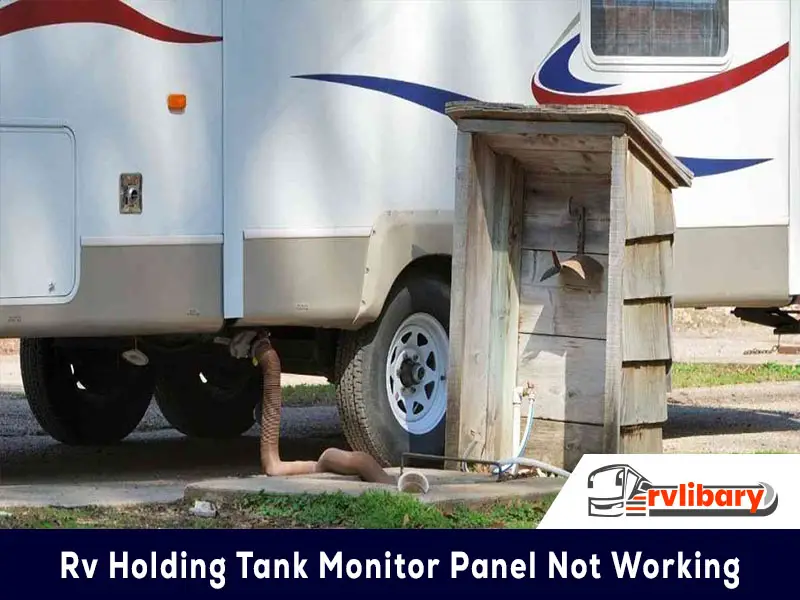Speeding on a free highway is usually what most people do. You had no idea about your vehicle’s speed limit, and now you end up in the middle of nowhere.
Wondering why does my truck stop at 100 mph?
Your truck might stop at 100 mph as trucks usually have a control limiter for safety purposes. It ensures that you stay safe at reasonable speeds. Motor vehicle speeds are usually limited to 100 mph. Usually, speeds above this are reserved for race cars driven by trained drivers on designated tracks.
Let’s dive into the core of this situation
Reasons Why Your Truck Stop At 100 mph
When it comes to addressing the fundamental purpose of a truck, there isn’t much to say. Trucks were and continue to be created to accomplish work functions such as hauling, support, towing, and so on via roads. It isn’t made to drive fast. Rather do heavy-duty work.
Also, external problems within the engine bay can lead to this issue. Such as the coolant reservoir cap going missing.
Let’s go through the various reasons why your truck might stop at high speed.
Reason 1 of 3: Design Limitation
Trucks aren’t supposed to be speeding over 100 mph. They are made for hauling large loads. So the chassis design, engine design, and overall ergonomics aren’t made for fast driving.
The chassis of a truck is made with heavy materials and a bulky design. Making it a slow vehicle. Also, a truck engine is not made to produce horsepower, rather it creates torque. Which is needed to carry heavy loads.
So, the design philosophy of a truck not being a fast-moving vehicle is one of the reasons why you usually cannot overspeed. When you do the electrical system and engine could shut down or seize up.
Reason 2 of 3: Engine Overheating Issues
If you run your truck at high speed the engine might overwork itself. This is a very predictable issue, as a truck engine isn’t made for high-speed power. So when it revs to a high-speed limit with a large weight being pulled, the engine will overheat.
This can lead to your truck not reaching 100 mph, as it is a very high-speed limit. Engine overheating can lead to a speed deficit and also you highly risk your truck breaking down. That can lead to a whole lot of new problems. Like, batteries getting overheated.
Reason 3 of 3: Weight Issues
Trucks haul large loads from one place to another. Pulling this much weight eats up the majority of power in engine production. This leads to a slower speed and less horsepower. Which is a reason for not speeding up to 100 mph.
Even though tuning the engine can lead to achieving more power, it’s not recommended. But if you want to overhaul your engine, you can install a supercharger to your engine’s intake manifold. This can increase your engine performance exponentially. But it also can cost your engine reliability.
There are numerous types of superchargers for truck engines on the market. We’d like to suggest a few of the top superchargers we’ve found.
These superchargers are some of the best in terms of build quality, constant power delivery, and reliability. You can use them without any worry.
Still, we will highly emphasize not to tweak your truck’s engine. A wrong move can lead to your engine blowing up.
Why You Shouldn’t Speed Up
If you want to drive at high speeds, you pose a threat to everyone else on the road.
Highways are built with a safety limit stopping distance in mind. These distances aren’t associated with the speed of the person on it but with the speed of the highway.
Also driving a truck requires a lot of handling skills, and precision. Because the heavy load requires you to drive cautiously. Otherwise, the load would shoot your shock absorbers. If that even happens in the normal run, you should invest in good shocks with dual 1-ton capacity.
You add a variable into the traffic flow by driving too fast, which other drivers cannot readily account for. Changing lanes isn’t possible when someone comes charging from behind you.
Even if you have the skills of a Nas Car racer, everyone follows the same speed limits. A serious accident can occur due to your actions.
That’s everything there is to know about this situation. We hoped it was useful to you.
FAQ’s
Q: What is the average top speed of a pickup truck?
Answer: Trucks travel at an average speed of 50 to 60 miles per hour on some interstate routes (mph). They travel at speeds under 55 mph in big cities, rugged terrain, and at border crossings.
Q: How do I remove a speed limiter?
Answer: All speed limiters can be ignored by simply pressing down on the throttle. But, for someone without proper expertise, removing the limiter puts the gearbox, engine, and other components at risk.
Q: Why do cars have speed limiters?
Answer: Speed limiters protect both the engine and the vehicle itself. The lifespan of an engine decreases when it is driven at high speeds all the time. It is then forced to work much harder than it would ordinarily.
Q: Is removing the speed limiter bad?
Answer: It is prohibited to remove a speed limiter, but it doesn’t ruin your engine. If the car’s mechanical limit is far higher than the rev limit, crossing the limiter will damage the alternator.
Conclusion
That’s all from us about the question why does my truck stop at 100 mph? The answers were very simple. It’s the design limits and certain problems of your truck that lead to the issue.
Still, we will always recommend driving below 100 mph speed. Because safety is paramount.
Drive safely and mind the road.


